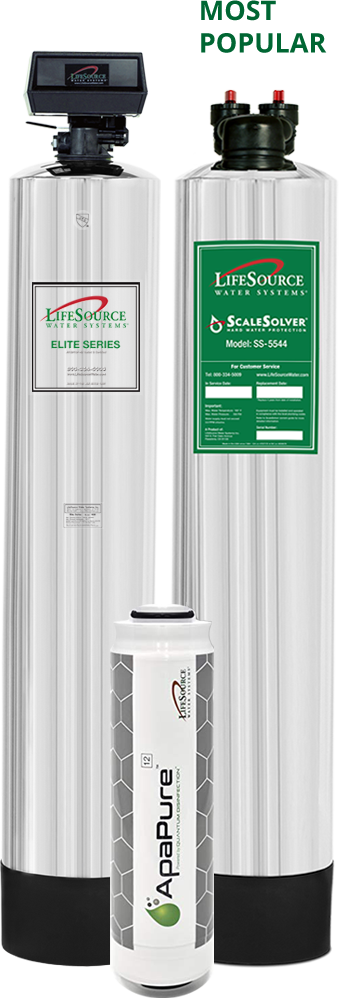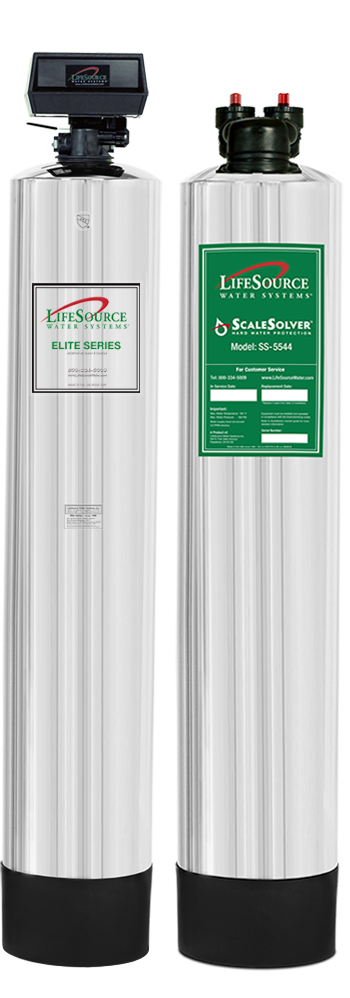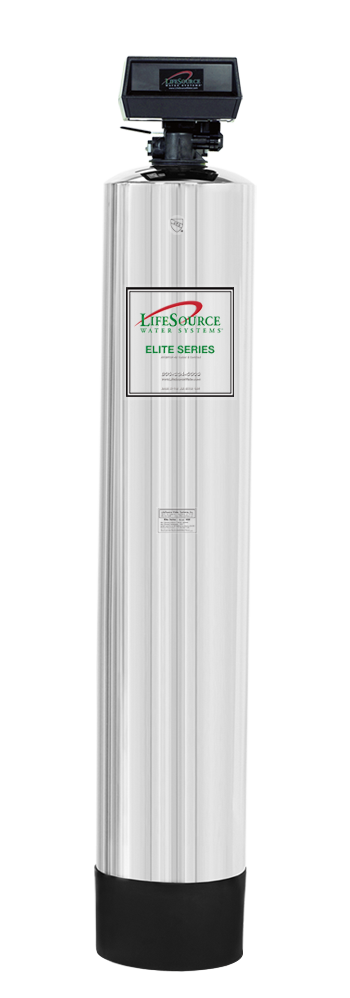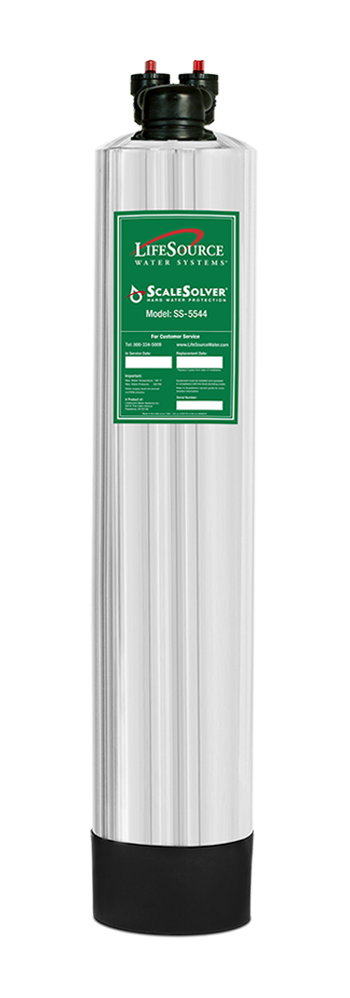Better Water for Your Home
Have you ever wanted better water throughout your entire home? Watch our quick video above.
Conserving Water
The average person uses around 100 gallons of water a day. By reducing water use, you can save money, energy and water resources. LifeSource Water Systems can help you conserve water because there is no water waste. With LifeSource, you get clean, healthy water in your home and the rinse water from the system is safe for plant use. There are many reasons and ways to start conserving your water, and as more people join the cause, we can move towards a more eco-friendly, cost-efficient, sustainable lifestyle.
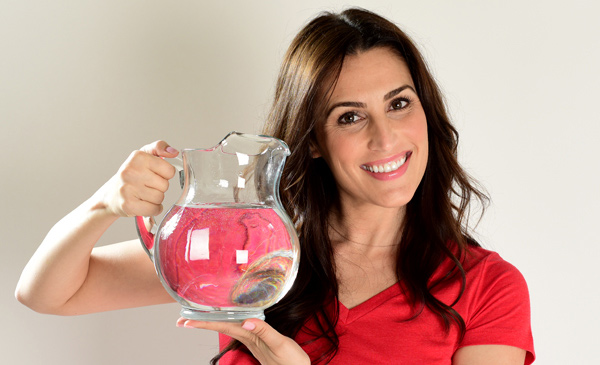
Save Money
The average household spends $500 a year on water and sewer bills, but with just a few changes you could save almost half that. Additionally, with less water, septic systems, pipes and appliances will all last longer.
Save the Environment
By conserving water, we not only preserve our natural environment, but also prevent further contamination from over-worked treatment systems. People are currently using up the planet's water supply faster than it can be replenished. As we use up more and more of our water, water levels decrease, causing pollutants to become more highly concentrated. This poses risks to the environment as well as our own health. At the same time, municipal systems and septic tanks cannot handle the influx of water and cannot treat it properly leading to further contamination of the water supply. Conserving water can protect our water quality and environment by wasting less resources and increasing the effectiveness of waste water treatment.
Save Energy
Saving water also saves energy. Distributing water uses up energy every step of the way, from treating it to heating it for your shower. In fact, every year the United States uses 56 billion kWh to treat and supply water. Just running the faucet for 5 minutes is equivalent to a 60-watt bulb shining for 14 hours. By conserving water, treatment plants can be more efficient and use less energy and chemicals to treat the water. Using less energy means reducing consumption of natural resources and preventing pollution from greenhouse gases.
How to Conserve Water
Conserving water is a cost-effective, environmentally friendly way to reduce water demand. By adopting a few simple habits, we can work to extend our ever-shrinking water resources. The two major ways to conserve include engineering practices and behavioral practices. Engineering practices can include appliances like low-flush toilets, low-flow shower heads and faucet aerators that conserve water automatically. Behavioral practices require an adjustment in habits.
Tips on How to Conserve:
- Check all appliances for leaks
- Wash dishes by hand whenever possible and don't run the dishwasher until it is completely full.
- Keep a pitcher of cold drinking water from the tap in your fridge so when you want a glass of water you don't have to waste water running the tap until it gets cold enough.
- Use the garbage instead of the garbage disposal whenever possible.
- Water any outdoor plants during the coolest part of the day so less water evaporates.
- Try to landscape with native plants that are accustomed to the area’s rainfall, so they will not need extra watering.
- Lastly, cut down on consumption wherever possible because all manufacturing requires water.

